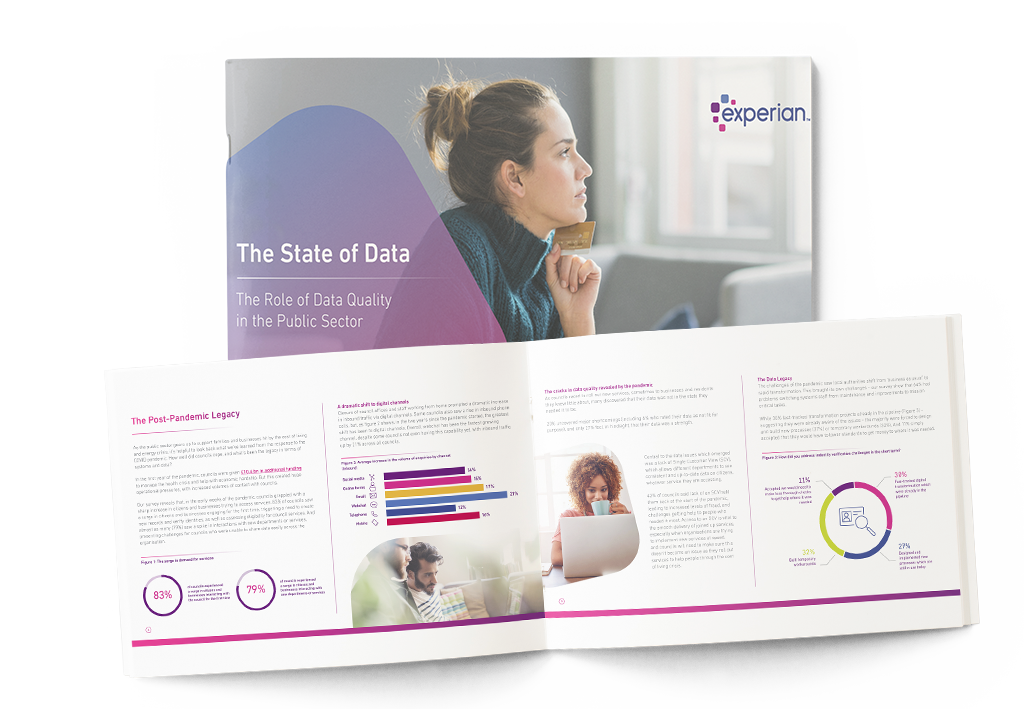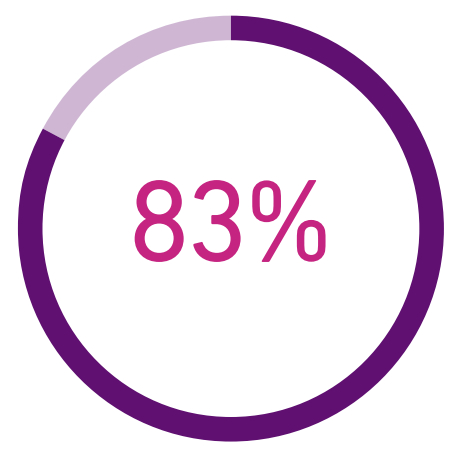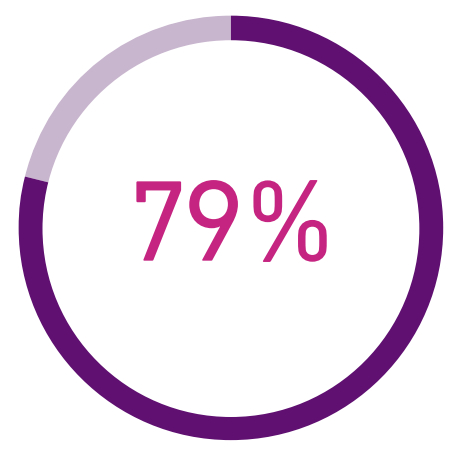The cost-of-living crisis has begun to have as serious an effect on local government delivery as it has on citizens and businesses across the UK
The cost-of-living crisis, coming hard on the heels of the COVID-19 pandemic, will dominate the local government sector over the next two years, as councils strive to deliver services to those in need. With ‘knock-on’ implications for revenue and debt collection, digital inclusion, support targeting and numerous other areas that the UK’s local government are responsible for, it’s arguably never been more important to find efficiencies and rely on accurate data.
The Experian ‘State of Data’ report explores the data challenges faced by the UK public sector since the start of the COVID-19 pandemic: the surge in demand for services, shifts to digital channels, the cost of living crisis, the tension between revenue collection and support, cracks in data quality, and the need to better manage fraud.
Read our ‘The State of Data Report’ for the latest insights on the UK public sector data challenges.
The State of Data Report research survey
In this report, we examine how UK local government’s response to the COVID-19 pandemic was shaped by their customer data, and the role data will play in how they respond to future challenges, including the cost-of-living crisis. It reflects the views of 100 local government data managers across all four UK regions, representing almost one in four councils.
The research was carried out by independent research agency RedFox Research in August 2022. Participants were interviewed by telephone to allow us to screen for visibility into the data management practices of their council and included managers from front-line departments such as revenue and benefits, as well as those in planning, data, insight and technology roles.
Download the whitepaper nowImpact of the COVID-19 pandemic on inbound traffic, channels and data
The state of data related to data management and managing customer data
Data impact and improvement on change over past two years
Future plans on the priorities for improvement and investment
In this report we cover:

The post-pandemic legacy:
how well did councils cope, and what's been the legacy in terms of systems and data?
The cost-of-living crisis:
the implications for delivering services via digital channels and the need for digital inclusion
Managing fraud in times of need:
the tension between revenue protection and service delivery
The state of data today:
investing in customer data in times of change
Single Customer View:
why having an SCV puts councils in a strong position when it comes to managing new schemes
A sneak peek into:
The State of Data Report: The Role of Data Quality in the UK Public Sector
The cost-of-living crisis will dominate council investment over the next two years as councils strive to deliver existing and new services to those in need
With the wave of additional global and national challenges that have followed the COVID-19 pandemic, whatever we thought the “new normal” might look like, we probably didn’t imagine it to be quite like this. Chief among the new challenges is the cost-of-living crisis, and, as with the pandemic, local authorities will once again be in the vanguard of managing effective citizen communication and delivery of services. There has been no better time to look at their preparedness to do so.
In the first year of COVID, central government invested billions in managing the effects of the pandemic and proving support for citizens and businesses. But much of this money – and the responsibility of authorities for delivering emergency relief and compensation – was channelled through to local councils. This created huge operational pressures, with the surge in individuals being served and services provided.
The surge in demand for services

of councils experienced a surge in citizens and businesses interacting with the council for the first time

of councils experienced a surge in citizens and businesses interacting with new departments or services
Did you enjoy the read?
Download the full 'The State of Data Report'
The criticality of data to governments has been evident for many years. With each new crisis, the accuracy and validity of citizen data comes under renewed scrutiny. How do local authorities best protect their revenue and ensure services and supports reach those most in need?










